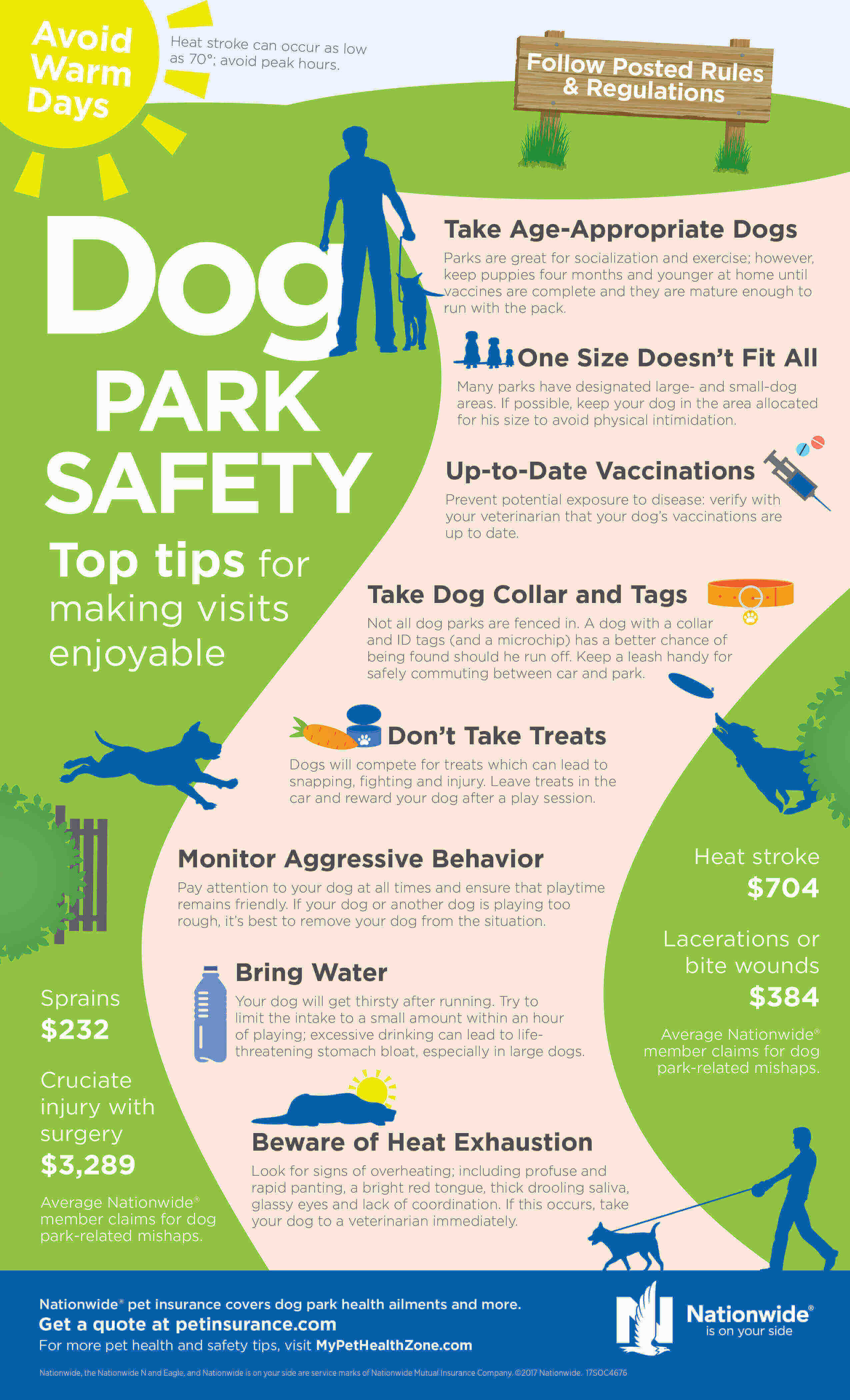Pet dogs in day care receive great deals of workout, socialization with various other canines and unique experiences. This can be specifically valuable for puppies and pets with behavior issues.
There are a number of lawful factors to consider you need to consider when beginning a dog childcare business. These include the structure of your company and compliance with federal government laws.
1. Pooch Distemper
Canine distemper is spread through direct contact with the bodily fluids and waste of a contaminated pet dog, yet it can additionally be sent using shared water and food bowls or through airborne droplets. This highly contagious disease is most harmful for young puppies, however it can affect pet dogs of any type of age and is deadly for a lot of if left unattended.
First signs and symptoms of canine distemper often mimic a common cold, including runny eyes and nose with watery or pus-like discharge. As the disease progresses, a dog will develop fever, coughing, reduced appetite, vomiting and looseness of the bowels. The infection can also strike the nerves, causing seizures, shivering and partial or full paralysis.
Reputable daycares reduce exposure to infection by calling for inoculations, regular health examinations and comply with stringent hygiene procedures. If your puppy seems overly tired or hopping, a day off might aid him recoup, however you ought to prevent taking him back to daycare until these signs and symptoms improve.
2. Kennel Cough
Kennel cough, additionally called contagious canine tracheobronchitis or Bordetella, is an extremely contagious viral or bacterial condition that influences the breathing tract. It's generally moved with the exchange of saliva or air droplets that a sick pet breathes out. Social pet dogs are at higher threat for infection because of their regular interaction with each other, such as when they play, share food or water, sniff one another or merely satisfy in a congested environment like a dog park or childcare.
One of the most typical sign of kennel cough is a persistent and strong coughing that sounds like something stuck in the throat or retching. Usually, pet dogs will divulge foamy white phlegm. If left without treatment, a canine can create pneumonia and go to major risk forever.
A respectable day care facility need to have stringent cleaning and hygiene procedures, sanitize all playthings, food and water bowls frequently, and be open about their inoculation policies. Keeping your pet dog as much as day on their inoculations, specifically for bordetella and canine flu, will significantly reduce their opportunities of acquiring the illness.
3. Parvovirus
Canine parvovirus, or parvo, is an extremely contagious viral ailment that can be lethal for puppies and young person canines with inadequate immune systems. It's most commonly spread out by direct contact with infected dog feces-- which can take place when canines sniff, lick, or preference infected feces-- and indirectly from infected people, things, or atmospheres (like kennels, brushing spaces and grass). Young puppies and dogs without full vaccination backgrounds are especially at risk to parvo.
The virus is extremely resistant, making it through in the setting for up to 9 years, and can conveniently be transferred between pets by contact with feces or on footwear, clothing, and bed linen contaminated with parvovirus. Otherwise treated promptly with IV fluids, electrolyte equilibrium, vomiting control drugs and prescription antibiotics to stop additional microbial infections, a canine will swiftly dehydrate and establish severe looseness of the bowels, which brings about shock and sepsis. Parvo is hard to treat as soon as a canine has actually ended up being ill, yet with appropriate vet care, lots of pups do survive this ailment.
4. Canine Flu
Canine influenza infection is highly transmittable and spreads through direct call, sharing food and water bowls, licking or nuzzling other pet dogs, via airborne beads, and through polluted surface areas. Vaccination works in lowering the risk of infection and episodes.
Most affected pet dogs create a mild respiratory system infection with a cough that lasts 1-3 weeks. They might additionally have nasal and ocular discharge, sneezing, and sleepiness. Some of the most severe instances result in pneumonia and a high fever.
If your pet dog exhibits any of these signs and symptoms, do not bring them back to childcare until they are healthy and balanced. If your pet is showing indications of severe exhaustion or limping, speak with dog boarding facilities your veterinarian right away and ensure they get on good health supplements to assist construct their immunity. A veterinarian will certainly review your canine for signs of the influenza by taking a sample from the nose or throat, and blood tests can be done to verify.
